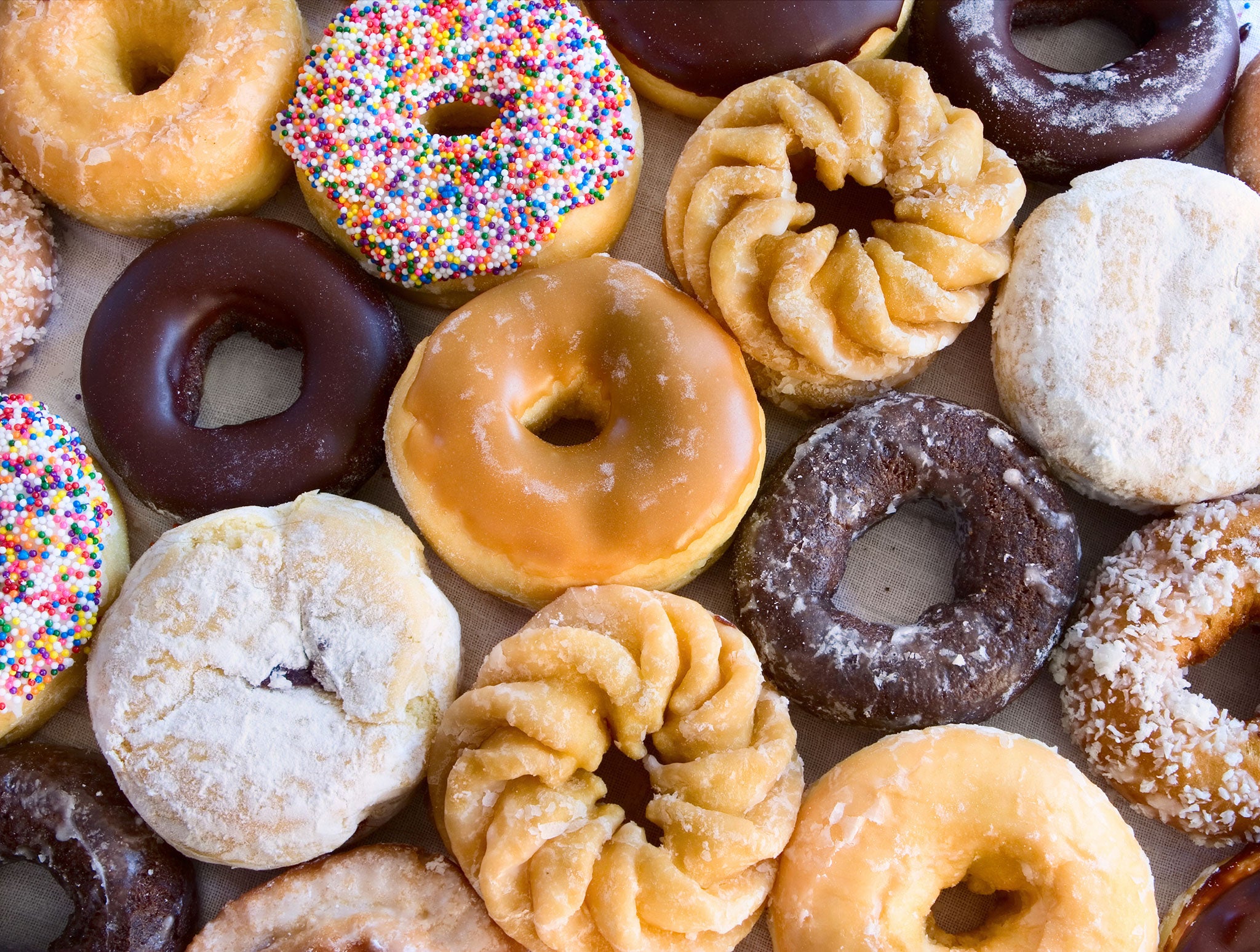Negative messages about sugar make unhealthy food 'enticing', study finds
Participants ate more cookies when they were told sugary food is bad

Your support helps us to tell the story
From reproductive rights to climate change to Big Tech, The Independent is on the ground when the story is developing. Whether it's investigating the financials of Elon Musk's pro-Trump PAC or producing our latest documentary, 'The A Word', which shines a light on the American women fighting for reproductive rights, we know how important it is to parse out the facts from the messaging.
At such a critical moment in US history, we need reporters on the ground. Your donation allows us to keep sending journalists to speak to both sides of the story.
The Independent is trusted by Americans across the entire political spectrum. And unlike many other quality news outlets, we choose not to lock Americans out of our reporting and analysis with paywalls. We believe quality journalism should be available to everyone, paid for by those who can afford it.
Your support makes all the difference.Warnings to avoid unhealthy sugary food may in fact be causing people to eat more by making products enticing, a new study has found.
Dieters who were confronted with warnings that “all sugary snacks are bad” ate more cookies than those who were presented with a positive message, according to research published in the ‘Journal of the Association for Consumer Research’.
The team who carried out the study at the Arizona State University conducted three tests to make their findings.
The first involved 380 participants who read positive, negative and neutral messages about deserts.
Researchers found that negative messages triggered positive thoughts about unhealthy foods in participants who were dieting, while those not restricting their food were not affected.
The second experiment involved 397 participants reading text describing sugary food as either good or bad. They were then invited to eat chocolate chip cookies while watching a video.
Similarly to the previous test, participants who were dieting ate 39 per cent more cookies than those who saw positive messages.
The third study tested reactions to messages which contained both positive and negative information about food. Researchers found that among 324 participants, those on diets who saw balanced messages chose 47 per cent fewer unhealthy snacks than those who saw negative messages.
And those restricting their diets chose to eat 30 per cent more unhealthy snacks after seeing negative messages than those who didn’t.
Researcher Nguyen Pham said: “What these results show us is that rather than leading dieters to make healthier choices, these food police messages are actually making unhealthy foods even more enticing to dieters."
Join our commenting forum
Join thought-provoking conversations, follow other Independent readers and see their replies
Comments